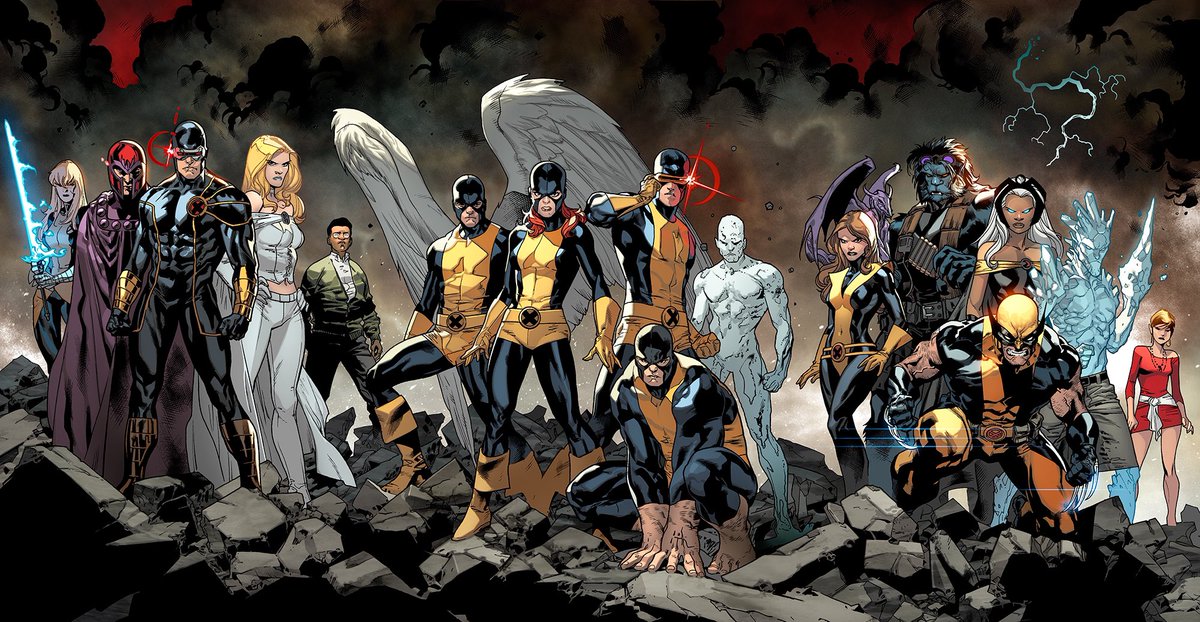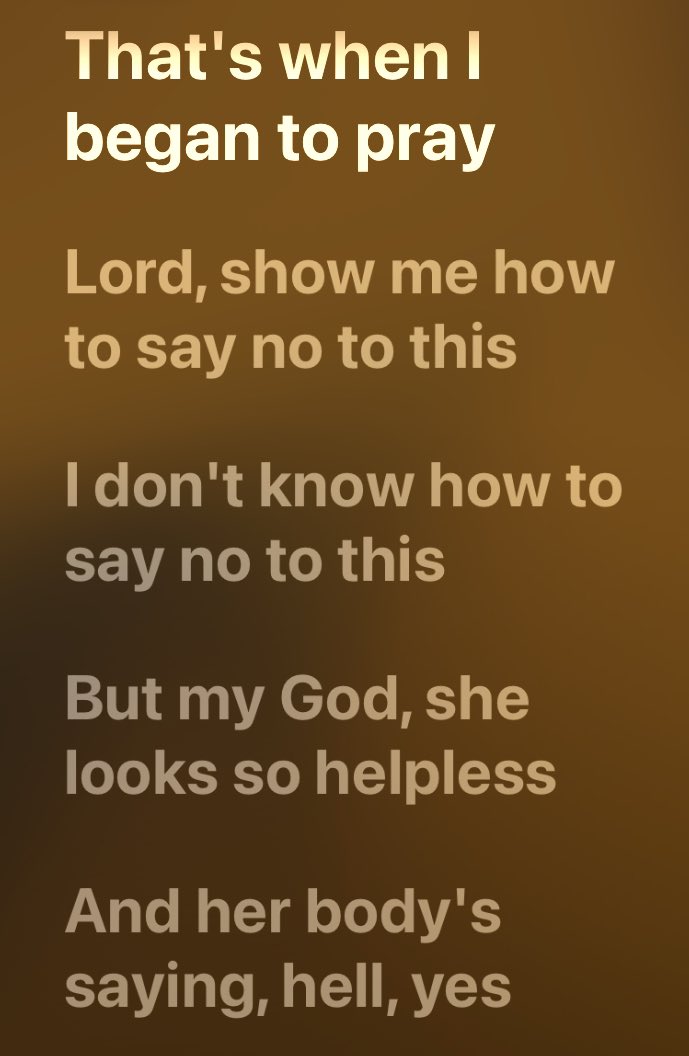
There’s way too much to choose just a single book, so I’ll go with something a little more recent & relevant to my life, these days, and emblematic of my developing relationship with fiction & storytelling as a burgeoning writer:
Bendis’s original run of All-New X-Men
A THREAD
Bendis’s original run of All-New X-Men
A THREAD
https://twitter.com/dallas_comics/status/1437812170755121162

I grew up with the X-Men. My dad and brother collected the books, which at first, I wasn’t allowed to read being too young to handle them carefully (with the exception of my bro’s The Dark Phoenix Saga TPB). As a 90s kid, the original cartoon was my entry to these characters.
As the years passed, I began to read the books and explore more of their legacy and the impact these stories had not only in sci-fi, but also American culture with regards to their meditations on bigotry and the pains of self-discovery as framed by the emergence of one’s powers.
But as the films emerged, Fox’s stewardship of the franchise in a mainstream setting began the prolonged dismantling of that legacy, so much so that the books then began to make changes to more reflect the storytelling choices of the films. For years, the books lost their appeal.
Eventually, Bendis was given two X-Men books in the 616, the original Uncanny title, and a brand new book all his own, both stories being told concurrently during the immediate aftermath of Xavier’s unintended murder at the conclusion of Avengers vs X-Men.
At this point, the story & relevance of the Original Five X-Men have largely been overshadowed by later additions to the roster, particularly starting with the Giant Size 1975 revival bringing popular mainstays like Wolverine & Storm etc. Lee & Kirby’s original run never quite…
…reached the heights seen later on (particularly when Claremont took over). The story of the O5 simply isn’t as popular to the fanbase. And to this day—unlike pretty much every other main Marvel franchise—the original origins of the X-Men have seen no modern-day “reboot”…
…or revitalization to update those characters & their collective legacies (the 1610 origin was so wildly divergent that it simply didn’t work in this capacity). So the only way to acquaint ourselves with that history is to read those original, first issues which no one likes.
All-New X-Men is a love letter to those stories & characters. There’s a near shot-for-shot, updated take by the incomparable Stuart Immonen of a scene from the original 1964 issue #8, the moment present-day Beast has chosen to intervene. Even the dialogue remains largely intact. 

The entire premise of Bendis’s X-Men run from this perspective is built on remembering what came before and honoring who these characters used to be. In bringing them to their own future, Beast forces the inaugural heroes & their future counterparts to reconcile with their past… 

…and how much they’ve changed since those days when they were filled more with a youthful optimism for their mission and life’s work (especially in context of their efforts to deal with the passing of their beloved mentor at Scott’s own hands). 

The book was so carefully, deftly written, even the other characters treated the presence of the O5 with a reverence and deference we don’t often see. Contrasted by the fact that at that age, they are in fact far less-experienced than the other X-Men on the present-day teams. 

Furthermore, now possessing knowledge of where their actions ultimately lead has unforeseen consequences on the O5, where the notion of returning to their place in history means inevitable suffering and the collapse of everything they’ve fought for. Their optimism is crushed… 

Getting to see these characters and their forgotten (and largely corrupted) legacies return to canon and have to navigate and *literally* confront the present landscape was a refreshing, long overdue experience that completely reinvigorated me as a comics reader. 

Though this run was ultimately short-lived & the Marvel continuity would soon after see another universe-wide retcon following the events of Secret Wars (2015), I personally feel that this story gave X-Readers something they desperately needed, something I’ll forever treasure. 

Thought you might appreciate this, @JoshuaJKeller
• • •
Missing some Tweet in this thread? You can try to
force a refresh







